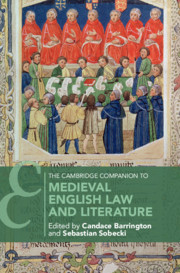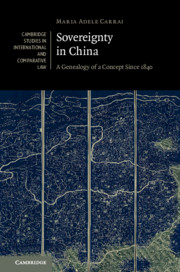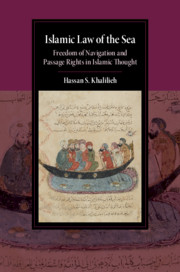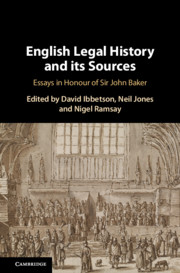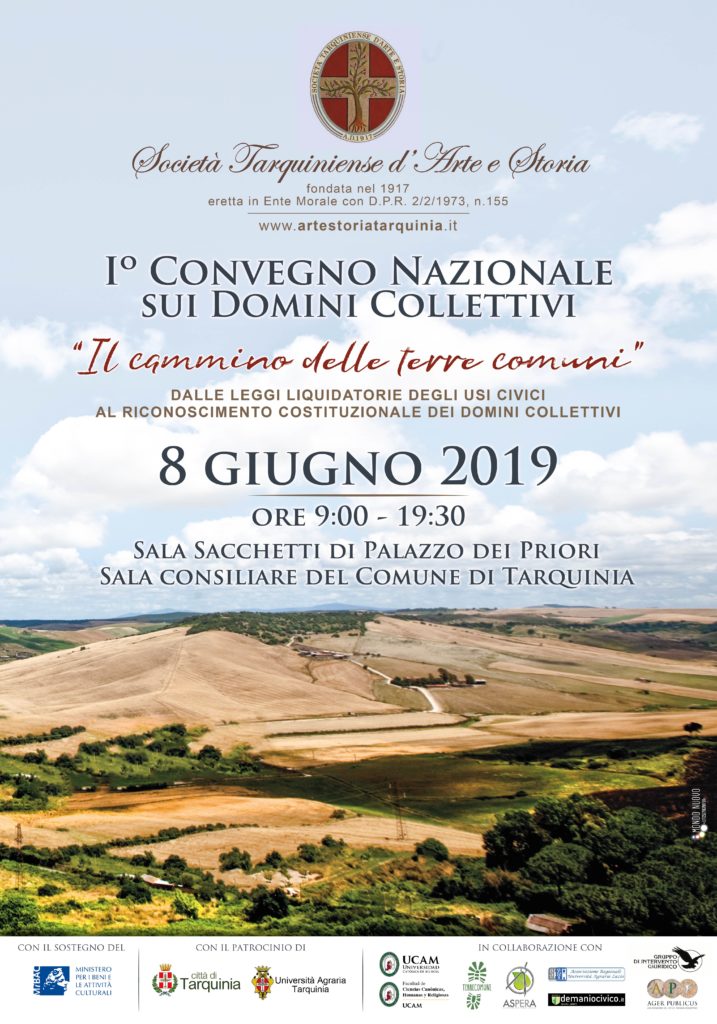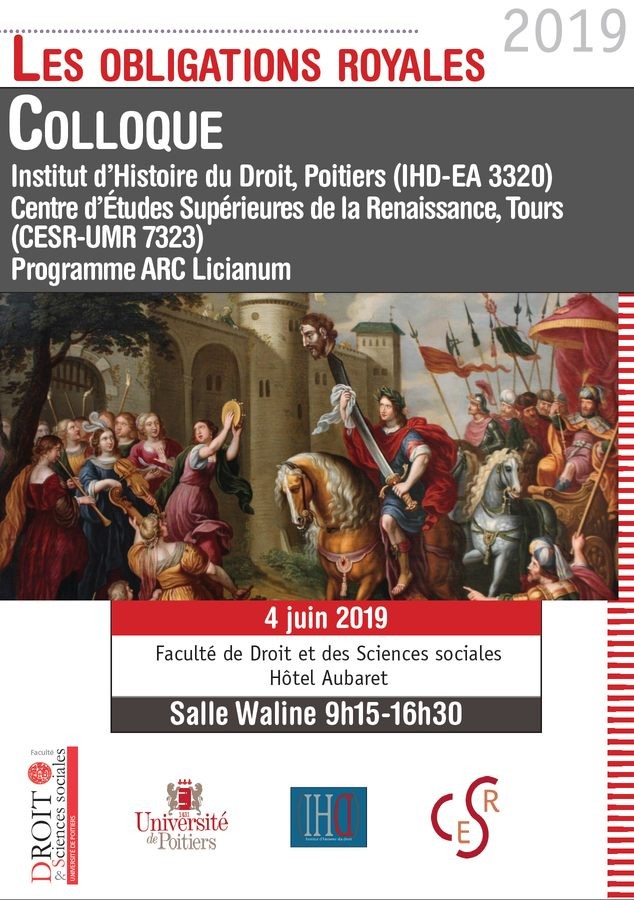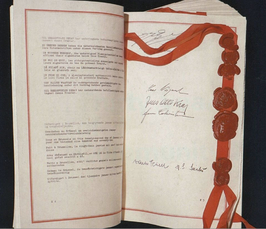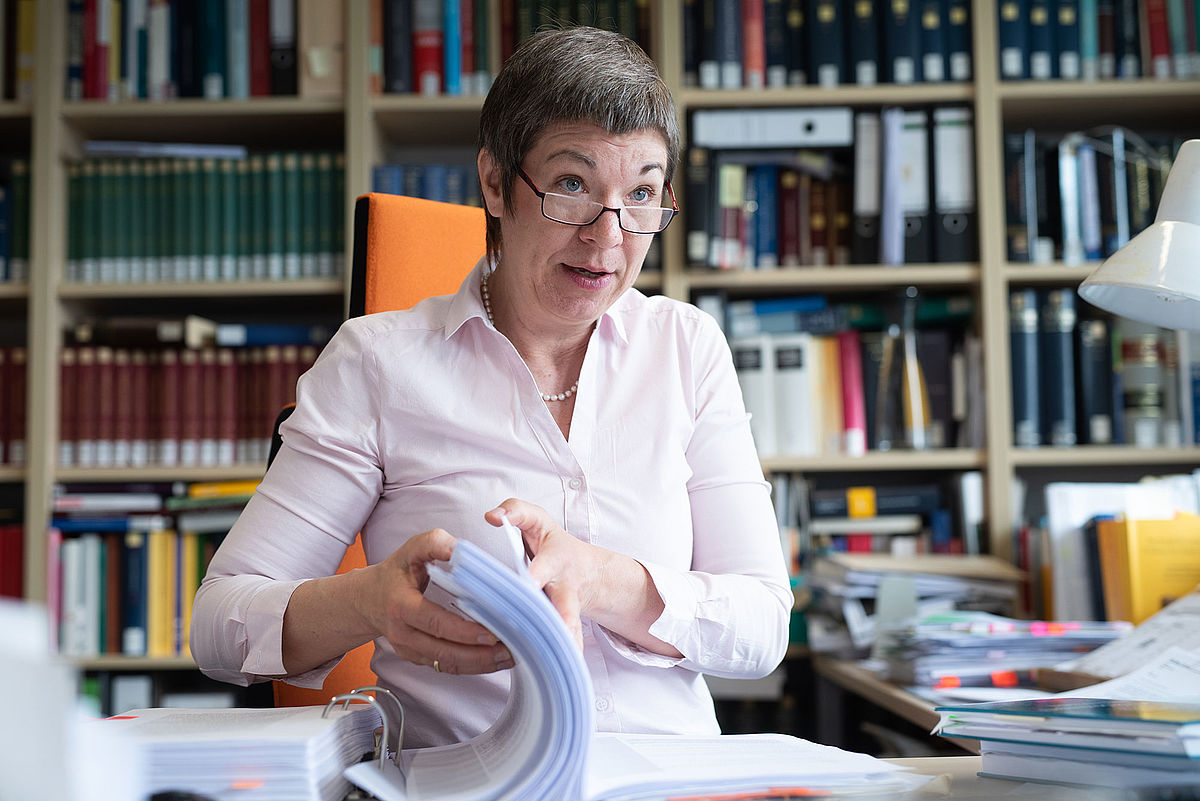Oxford
University Press has published a book on the common law in pre-revolutionary
America.
ABOUT THE BOOK
The colonies that comprised pre-revolutionary
America had thirteen legal systems and governments. Given their diversity, how
did they evolve into a single nation? In E Pluribus Unum, the eminent legal
historian William E. Nelson explains how this diverse array of legal orders
gradually converged over time, laying the groundwork for the founding of the United
States.
From their inception, the colonies exercised a
range of approaches to the law. For instance, while New England based its legal
system around the word of God, Maryland followed the common law tradition, and
New York adhered to Dutch law. Over time, though, the British crown
standardized legal procedure in an effort to more uniformly and efficiently
exert control over the Empire. But, while the common law emerged as the
dominant system across the colonies, its effects were far from what English
rulers had envisioned.
E Pluribus Unum highlights the political
context in which the common law developed and how it influenced the United
States Constitution. In practice, the triumph of the common law over competing
approaches gave lawyers more authority than governing officials. By the end of
the eighteenth century, many colonial legal professionals began to espouse
constitutional ideology that would mature into the doctrine of judicial review.
In turn, laypeople came to accept constitutional doctrine by the time of
independence in 1776.
Ultimately, Nelson shows that the colonies'
gradual embrace of the common law was instrumental to the establishment of the
United States. Not simply a masterful legal history of colonial America,
Nelson's magnum opus fundamentally reshapes our understanding of the sources of
both the American Revolution and the Founding.
ABOUT THE AUTHOR
William E.
Nelson is Judge
Edward Weinfeld Professor of Law, New York University. In 1961, he founded the
Legal History Colloquium at NYU Law School, where nearly 100 younger scholars
have held fellowships and received post-graduate training, and has presided
over the Colloquium since that time. He has been writing and teaching in the
field of American legal history for nearly fifty years and is the author of
many books, including four volumes of The Common Law in Colonial America
(Oxford), The Roots of American Bureaucracy, Americanization of the Common Law,
and The Fourteenth Amendment.
TABLE OF CONTENTS
Table of
Contents
Introduction
Part One: The
Initial Settlements, 1607-1660
Chapter 1: The
Chesapeake
Chapter 2: New
England
Chapter 3: New
Netherland
Part Two: The
Forging of Empire, 1660-1750
Chapter 4: The
Crown's Imposition of the Common Law and Colonial Resistance
Chapter 5: The
End of Resistance and the Triumph of the Common Law
Chapter 6: Ready
Acceptance of the Common Law: Pennsylvania, New Jersey, and the South
Chapter 7: The
Emergence of the Legal Profession
Chapter 8:
Property, Commercial Law, Labor Law, and Slavery
Part Three:
Altering Empire to Defeat France, 1689-1750
Chapter 9: The
Local Structure of Power
Chapter 10: The
Law of Religion
Chapter 11:
Criminal and Regulatory Law
Part Four: The
Collapse of Empire, 1750-1776
Chapter 12: The
Well-Functioning Empire of the Mid-Eighteenth Century
Chapter 13:
Weakening the Bonds of Empire
Chapter 14:
Testing the Bonds of Empire
Chapter 15:
Severing the Ties of Empire
Chapter 16: An
Historian's Postscript
Bibliography



